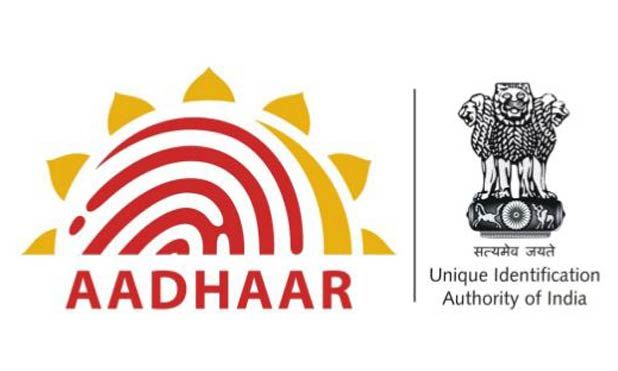Enhancing Wage Payment Efficiency: Aadhaar-Based Payment System Extended Until December 2023

In response to the evolving challenges faced in wage payment systems, the Central Government has undertaken a comprehensive review of the Aadhaar Payments Bridge System (APBS) and its effectiveness in ensuring prompt and accurate Direct Benefit Transfers (DBT).
Enhancing Wage Payment Efficiency: Aadhaar-Based Payment System Extended Until December 2023
With a clear objective of minimizing wage payment rejections due to outdated bank account information, a crucial decision has been made to extend the mixed route of wage payment, incorporating both the National Automated Clearing House (NACH) and APBS, until December 31, 2023.
Issues such as frequent changes in beneficiaries’ bank account numbers and the failure to update this information in a timely manner by Concerned Programme Officers have led to a significant number of wage payment transactions being rejected by destination bank branches, primarily due to the use of outdated account numbers.
Upon thorough consultations with various stakeholders, it has been established that APBS presents an effective solution to mitigate such rejections and facilitate seamless wage payments through DBT, ensuring beneficiaries receive their dues promptly. The integration of Aadhaar, India’s unique identification system, plays a pivotal role in this process.
When Aadhaar information is updated in the scheme database, beneficiaries are relieved of the need to continually update their account numbers in cases of location changes or alterations to their bank account details. Payments are seamlessly directed to the bank account linked with the beneficiary’s Aadhaar number. In cases where a beneficiary possesses multiple accounts, a rare occurrence in the context of the Mahatma Gandhi National Rural Employment Guarantee Act (MGNREGA), the beneficiary retains the option to select the preferred account for fund transfer.
Analysis of data from the National Payments Corporation of India (NPCI) reveals that there is a significantly higher success rate of 99.55% or more when Aadhaar is enabled for DBT, in contrast to an approximate success rate of 98% for account-based payments.
The implementation of APBS has not only empowered genuine beneficiaries to receive their rightful payments promptly but has also played a pivotal role in eliminating fraudulent beneficiaries, thereby curbing corruption within the system. It is important to note that the Mahatma Gandhi NREGA scheme has opted for the Aadhaar-Based Payment Bridge System (ABPS) rather than Aadhaar-enabled payments.
The progress of the Aadhaar-based Payment System (ABPS) has been meticulously reviewed, leading to the extension of the mixed route for wage payment, which includes both NACH and ABPS, until December 31, 2023, or until further directives are issued. The Ministry has clarified that beneficiaries seeking employment should be encouraged to provide their Aadhaar numbers but should not be denied work solely based on this criterion. In cases where a beneficiary does not request work, their eligibility for APBS does not impact their entitlement to demand employment. Job cards should not be deleted based on the reason that the worker is ineligible for APBS.
The APBS has been in operation under the Mahatma Gandhi NREGA since 2017, and with the near-universal availability of Aadhaar numbers among the adult population, the Government of India has decided to extend its coverage to all beneficiaries under the scheme. Payments will be routed exclusively through APBS-associated accounts, ensuring a secure and expedited payment transfer process.
As of now, out of the total 14.33 crore active beneficiaries, Aadhaar has been seeded for 13.97 crore beneficiaries. Among these seeded Aadhaars, 13.34 crore have been authenticated, rendering 81.89% of active workers eligible for APBS. In July 2023, approximately 88.51% of wage payments were successfully processed through APBS.
The Mahatma Gandhi NREGA is a demand-driven scheme influenced by various economic factors. A robust ecosystem for APBS is already in place, and considering its numerous advantages for beneficiaries, it stands as the most effective payment system to be adopted.
In essence, the Aadhaar-based payment system is a structured route through which payments are credited to the accounts of beneficiaries. This system adheres to well-defined steps, with clearly defined roles for beneficiaries, field functionaries, and all other stakeholders, ensuring a streamlined and efficient payment process.
This proactive step taken by the Central Government is aimed at revolutionizing wage payments, reducing rejections, and ensuring that beneficiaries receive their rightful dues without unnecessary delays. The extension of the mixed wage payment route until December 2023 aligns with the broader goal of leveraging technology for the betterment of society and governance.

